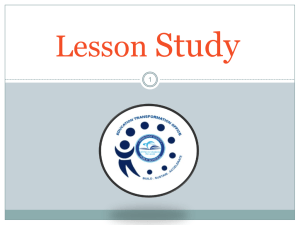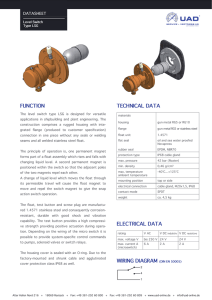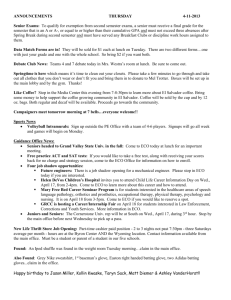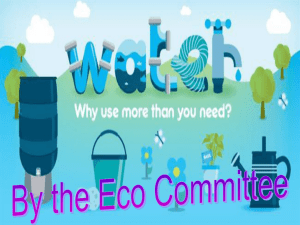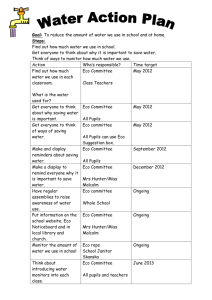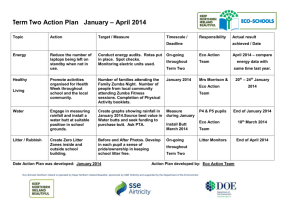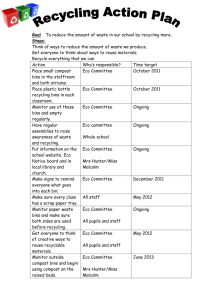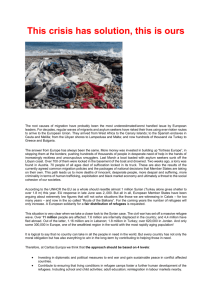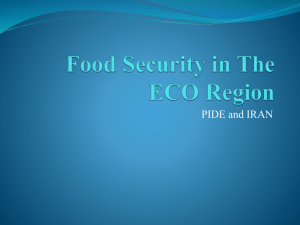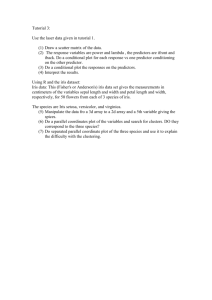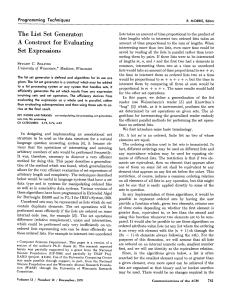Enhanced Cultural Orientation Program
advertisement
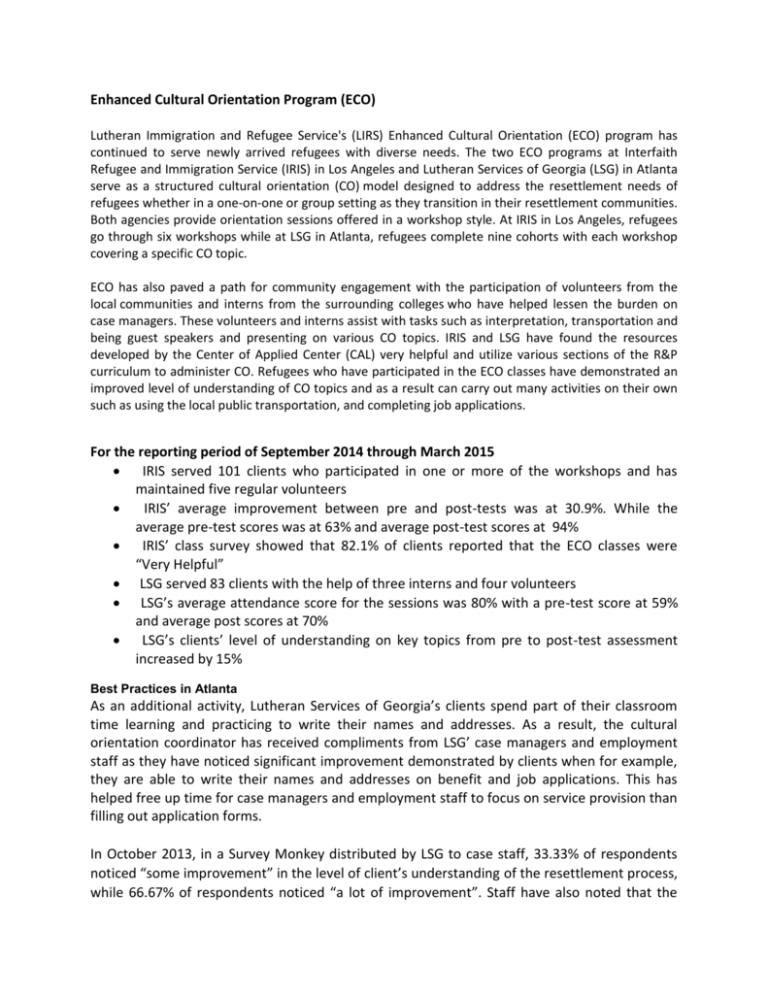
Enhanced Cultural Orientation Program (ECO) Lutheran Immigration and Refugee Service's (LIRS) Enhanced Cultural Orientation (ECO) program has continued to serve newly arrived refugees with diverse needs. The two ECO programs at Interfaith Refugee and Immigration Service (IRIS) in Los Angeles and Lutheran Services of Georgia (LSG) in Atlanta serve as a structured cultural orientation (CO) model designed to address the resettlement needs of refugees whether in a one-on-one or group setting as they transition in their resettlement communities. Both agencies provide orientation sessions offered in a workshop style. At IRIS in Los Angeles, refugees go through six workshops while at LSG in Atlanta, refugees complete nine cohorts with each workshop covering a specific CO topic. ECO has also paved a path for community engagement with the participation of volunteers from the local communities and interns from the surrounding colleges who have helped lessen the burden on case managers. These volunteers and interns assist with tasks such as interpretation, transportation and being guest speakers and presenting on various CO topics. IRIS and LSG have found the resources developed by the Center of Applied Center (CAL) very helpful and utilize various sections of the R&P curriculum to administer CO. Refugees who have participated in the ECO classes have demonstrated an improved level of understanding of CO topics and as a result can carry out many activities on their own such as using the local public transportation, and completing job applications. For the reporting period of September 2014 through March 2015 IRIS served 101 clients who participated in one or more of the workshops and has maintained five regular volunteers IRIS’ average improvement between pre and post-tests was at 30.9%. While the average pre-test scores was at 63% and average post-test scores at 94% IRIS’ class survey showed that 82.1% of clients reported that the ECO classes were “Very Helpful” LSG served 83 clients with the help of three interns and four volunteers LSG’s average attendance score for the sessions was 80% with a pre-test score at 59% and average post scores at 70% LSG’s clients’ level of understanding on key topics from pre to post-test assessment increased by 15% Best Practices in Atlanta As an additional activity, Lutheran Services of Georgia’s clients spend part of their classroom time learning and practicing to write their names and addresses. As a result, the cultural orientation coordinator has received compliments from LSG’ case managers and employment staff as they have noticed significant improvement demonstrated by clients when for example, they are able to write their names and addresses on benefit and job applications. This has helped free up time for case managers and employment staff to focus on service provision than filling out application forms. In October 2013, in a Survey Monkey distributed by LSG to case staff, 33.33% of respondents noticed “some improvement” in the level of client’s understanding of the resettlement process, while 66.67% of respondents noticed “a lot of improvement”. Staff have also noted that the combined and consistent cohort model has significantly increased communication and mutual assistance across ethnic lines. Clients have verbalized they find it interesting to know the experiences of refugees from different parts of the world. Pre and post-tests have shown clients to have an average quantifiable increase of 24% on key topic questions, and client feedback forms have also shown that the clients extremely value the ECO classes. Many are surprised when informed that this program did not exist for clients two years ago, and affirm its usefulness. According to LSG, the program remains incredibly successful and well-received by clients. LSG frequently hires clients resettled in the past as interpreters, and one of them stated in a feedback form that “though I have been here for three years, I never learned all of this important information until I was able to interpret for ECO. I wish I would have had this class when I came.”
